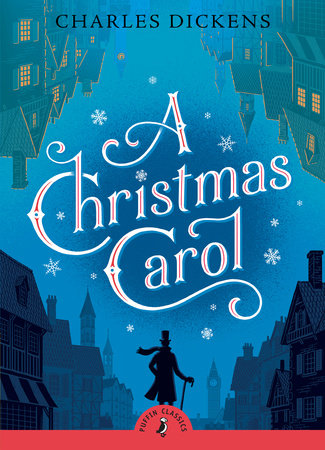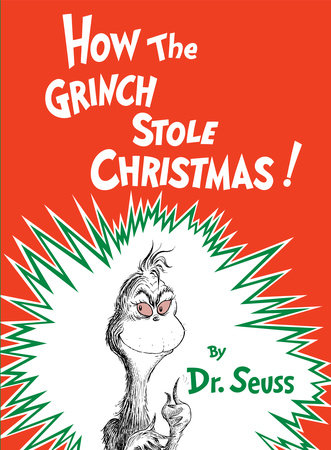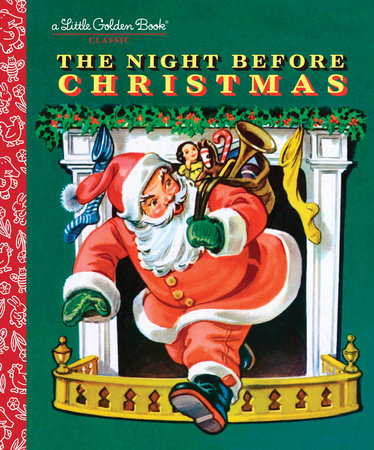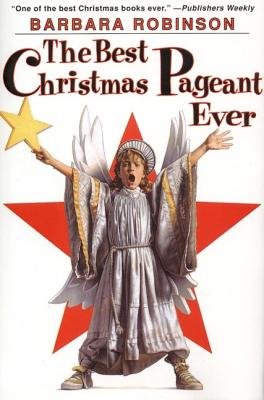From Scrooge to the Grinch: Why We Love Christmas Curmudgeons
by Charlie Lovett
Christmas stories, not surprisingly, are often about transformation — after all, what could be more transformative than the Incarnation? We love to see the spirit of Christmas bring out the best in people, and if that best is generally well hidden, so much the better … and better for the story. Hence the rise of the Christmas curmudgeon — that grumpy, sour, hater of the holidays whom we love to watch realize the error of his ways.
The archetype began with the man who is so famous a curmudgeon that his very name is a pejorative for those who turn off the radio when Christmas music comes on and drive a little faster past houses decorated with holiday lights: Ebenezer Scrooge. Created by Charles Dickens in 1843, Scrooge remains the most recognizable of Christmas grumps — a man so focused on things worldly (in particular, money) that he has no patience for revelry or charity. We love A Christmas Carol not because we love Scrooge as he is at the beginning of the book (“a squeezing, wrenching, grasping, scraping, clutching, covetous old sinner”), but rather because we delight in his transformation. If even Scrooge can become a man who “knew how to keep Christmas well, if any man alive possessed the knowledge,” then there is hope for us all.
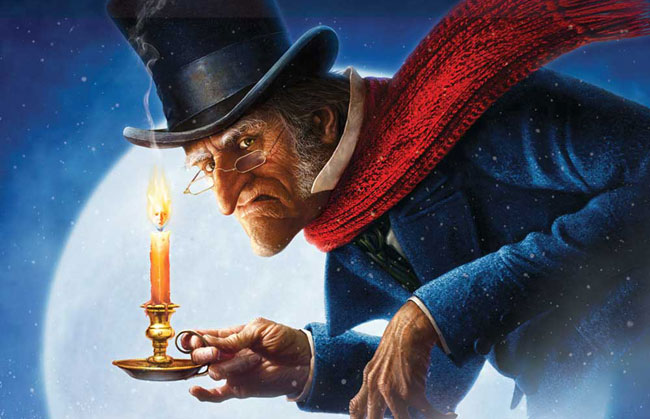
In my Christmas book, The Further Adventures of Ebenezer Scrooge, I portrayed Scrooge after his transformation — after all, we have only a few pages of the reformed Scrooge in Dickens’s original. Scrooge has not lost his penchant for obsession. Now, however, rather than being obsessed with money, he is obsessed with Christmas and with all that goes with it from feasting and singing to charity and generosity.
Scrooge’s shoes as the original Christmas curmudgeon may be large, but they have been frequently filled over the years — in books, on film, and on television. Dr. Seuss’s How the Grinch Stole Christmas features a character who takes his loathing of the holiday even further than Scrooge. While Scrooge prefers to ignore Christmas, the Grinch proactively tries to do something about it. Unlike Scrooge, the Grinch has no particular reason for his hatred of Christmas — and in this we see Seuss’s brilliant understanding of the child’s mind. Dickens, whose book has been loved by but was not written for children, allows Scrooge to try to justify his grouchiness in financial terms. Seuss knows that to children, adult behavior, no matter how carefully explained, is generally mystifying and without reason. Thus “no one” knows why the Grinch hates Christmas. Another aspect of Seuss’s story that I love is the fact that it is written in the same meter as the original American Christmas classic, Clement C. Moore’s “A Visit from St. Nicholas” (a.k.a. The Night Before Christmas).

More recent works see the Christmas curmudgeon break out of the model of the loner misanthrope. Imogene Herdman in Barbara Robinson’s hilarious 1971 book The Best Christmas Pageant Ever doesn’t exactly hate Christmas — when the book begins, she doesn’t know enough about Christmas to hate it. But she certainly belongs on the list. Few characters in Christmas stories are as delightfully wicked as Imogene (and her siblings), and I for one can’t read the story of her transformation at the end of the story without crying.

In the movies we love that transformation — that moment when a character’s moody cynicism gives way to childlike wonder in the face of Christmas and the miracles it brings. Sometimes only the perception of a character changes, as in Chris Columbus’s 1990 film “Home Alone,” in which Kevin realizes that the man next door isn’t a frightening killer, but a caring neighbor. Sometimes the “Scrooge” must be forced into repentance, as is the case with Clark Griswold’s penny-pinching boss in “National Lampoon’s Christmas Vacation.” But the one that gets me every year, even if I haven’t watched the whole movie, is Jimmy Stewart as George Bailey running through the town of Bedford Falls to reach his wife and family at the end of Frank Capra’s 1946 film “It’s a Wonderful Life.” Moments earlier he is without hope, his despair so great that he is ready to end his own life. But, like Scrooge, George is visited by a supernatural being who shows him a vision, and that vision changes everything.

Perhaps we should all share this wish at Christmastime — that the love and joy of the season will banish our curmudgeons and allow the best of who we are to shine forth.
-
Books Mentioned in This Article:
-
A Christmas Carol
Also available from:How the Grinch Stole Christmas
Also available from:The Night Before Christmas
Also available from:
Who is your favorite Christmas curmudgeon? Share in the comments below.

